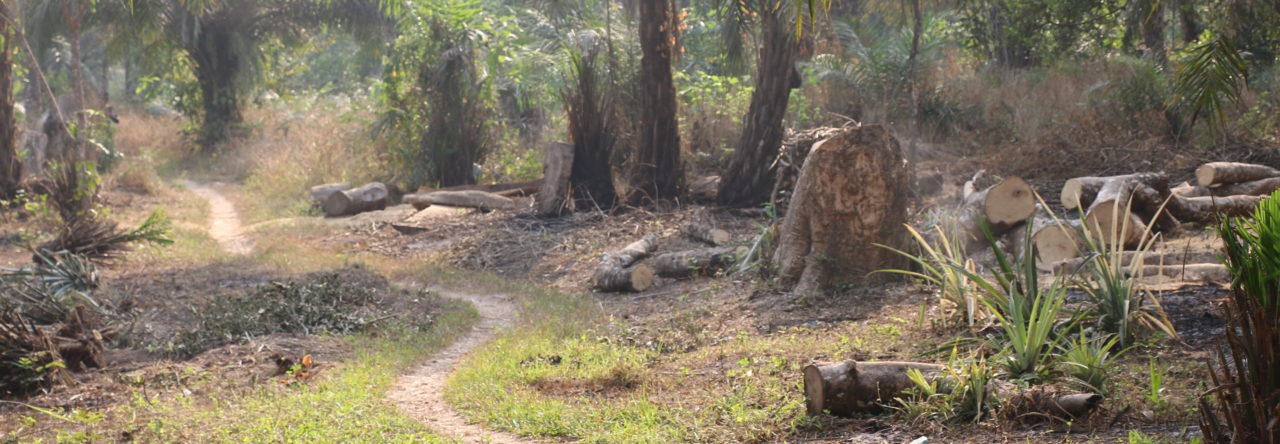Agroecology has become an ideological foundation for social and environmental transformation in sub-Saharan Africa. In Senegal, agroecological advocacy coalitions, made up of farmers’ organizations, scientists, NGOs, and IOs, are using agroecology as an umbrella concept for proposing policy changes at multiple scales. We describe the history of the agroecological movement in Senegal in the context of the constitution of a national advocacy coalition. We then examine the “repertoires of collective action” mobilized by the coalition. Four repertoires are identified: technical support and knowledge co-production, territorial governance, alternative food networks, and national policy dialogue. Our analysis highlights the potential that these multi-level approaches have to sustainably transform the current food systems in sub-Saharan Africa. However, our research also reveals the limited agency of farmer organizations and the limitations of a movement that is strongly dependent on NGOs and international donors, leading to a “projectorate” situation in which contradictory policy actions can overlap. We further argue that, although the central government has formally welcomed some of the principles of agroecology into their policy discourse, financial and political interests in pursuing a Green Revolution and co-opting agroecology are pending. This leads to a lack of political and financial autonomy for grassroots farmers’ organizations, limiting the development of counter-hegemonic agroecology. We discuss the conditions under which territorial approaches, and the three other repertoires of collective action, can have significant potential to transform Sub-Saharan
Africa in the coming years.
https://www.mdpi.com/2071-1050/13/11/6352
![]()
